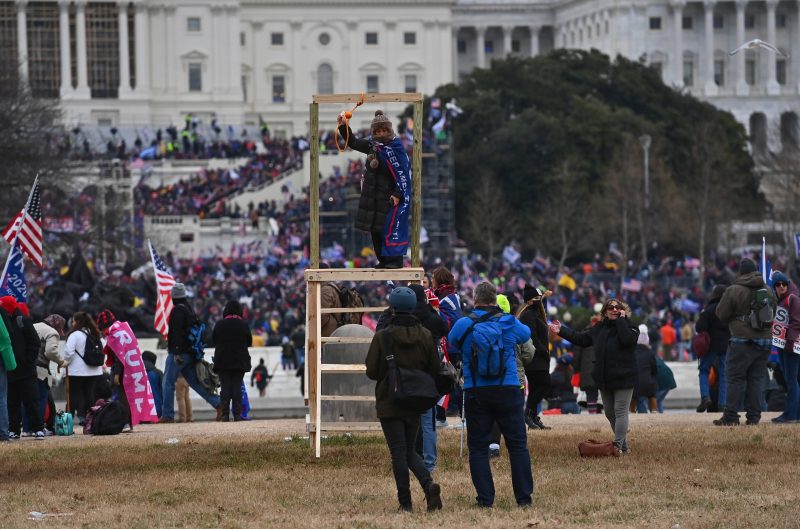As we delve into the heart of the conundrum engulfing the politics of the United States, it becomes evident that despite surmounting evidence, there’s a conspicuous disbelief among Republicans related to the alleged transgressions of Donald Trump in the 2020 presidential election. This persistent divide showcases a crucial aspect of American politics and raises poignant questions about partisanship, cognitive dissonance, and the very perception of reality itself.
The incidences emerging post-election have indeed been a centrifuge of controversies. Trump’s calls to Georgia’s Secretary of State on 2nd January 2021, drawing attention to the famous Find 11,780 votes demand, encapsulated the essence of such controversies. Surprisingly, despite clear recordings and legal implications, a significant proportion of Republicans seem to sideline the issue, interpreting the phone call as an exercise of a rightful prerogative rather than an erosion of democracy.
A recent study conducted by researchers at Princeton and Northwestern Universities reveals that half of the Americans believe Trump’s actions were utterly appropriate, showcasing a staggering cognitive dissonance and illustrating how many are unfavorable to consider evidence if that collides with their preconceived notions. This inclines us to delve into a philosophical detour, compelling us to scrutinize the very distinction between facts and beliefs within the realm of American politics.
The disquieting reality is that politics in America has transformed over the years into distinctive social identities that consumers choose, much like subscribing to Netflix or Disney+. It has become a comforting echo chamber where supporting evidence is hailed and opposing facts are blatantly disregarded. This phenomenon is not solely limited to Republicans, as it occurs on both sides of the aisle, albeit in varying degrees.
Explanations behind such steadfast disbelief among Republicans range from the inclination to protect their preferred political identity, the perceived bias in media reporting, stark polarization and the increasingly tribal politics. According to Stanford political science professor Shanto Iyengar, Republicans and Democrats alike are more effectuated by their loathings as compared to their likings – a phenomenon called ‘negative partisanship’.
In sum, the concept of a shared reality in America politics seems to have shattered, bifurcating into contrasting narratives. Psychologically, people often seem blind to evidence contradicting their versed beliefs, and this collective blind spot has seeped into the very marrow of American politics. This phenomenon calls for extensive research and a collective effort, by politicians, policy-makers, educators, and citizens alike, toward promoting critical thinking and reducing the chokehold of partisan bias on the perception of evidence. As Harvard political science professor Jennifer Hochschild says it is indeed alarming that the acceptance of reality is itself determined by one’s political persuasion.
In conclusion, while this pervasive disbelief among Republicans about Trump’s 2020 guilt might be confounding to some, it is merely a manifestation of a deeper issue, a systemic shift in how Americans perceive and interpret reality. This change, fueled by partisanship, demands an immediate and consistent attention to preserve the sanctity and tenets of American democracy. At its core, it leaves us pondering a fundamental question – has America become a nation so polarized that even objective truth cannot bridge the divide? Perhaps, it is time to contemplate not just the disbelief about Trump’s guilt, but the larger landscape that engenders this disbelief. Challenges like these urge us to take a hard look at ourselves and the complexity of the democratic processes in which we are embroiled.
